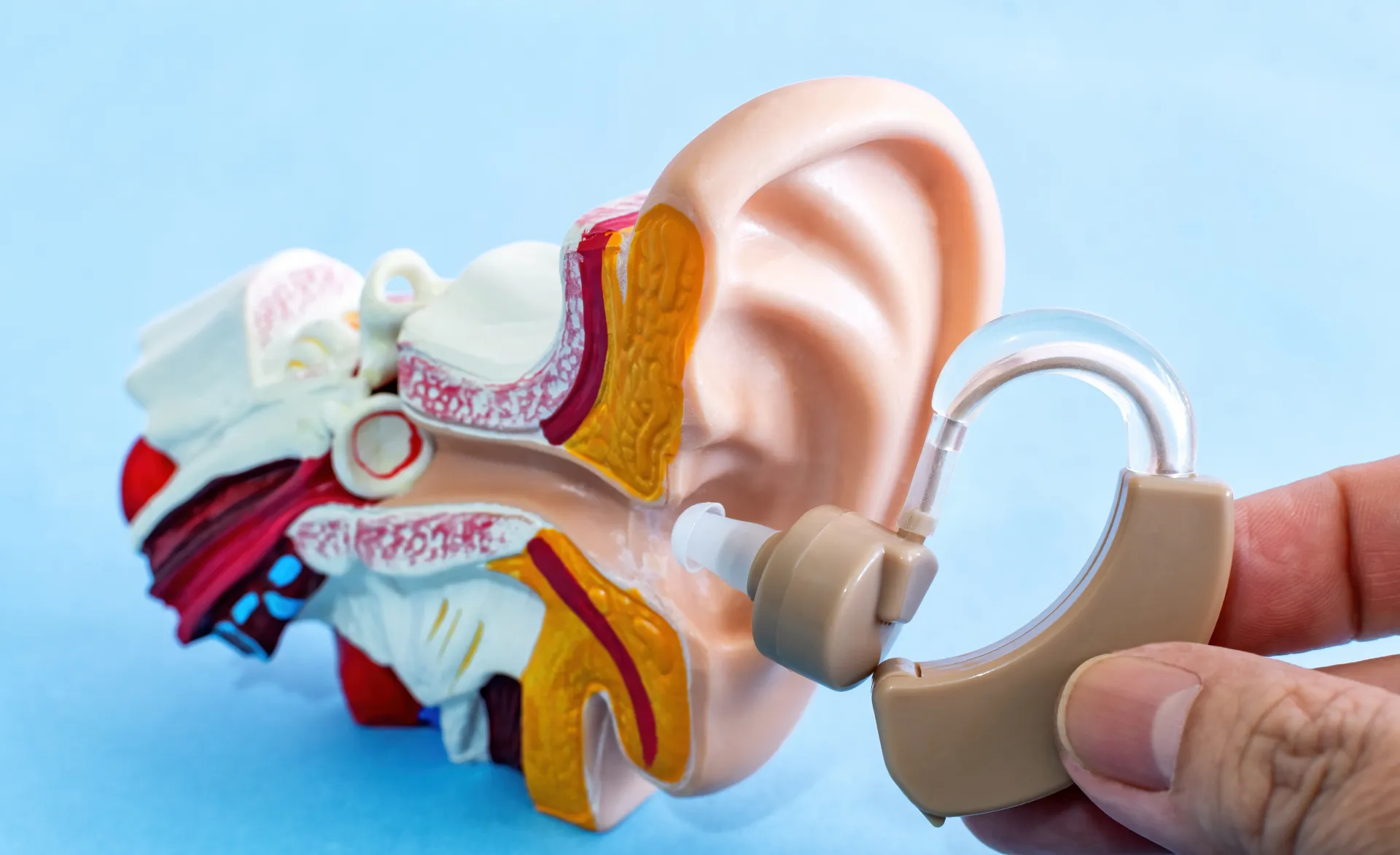Teachers are not just teachers. We are educators, counselors, social workers, therapists, advisors, role models, and—for many students—lifelines. We spend eight or more hours a day with our students, often seeing warning signs that others might miss. At times, we play a crucial role in preventing a student from slipping through the gaps or guiding them toward safety.
I think of my student, Kevin. He was bright and compassionate but also deeply affected by the isolation of the COVID-19 pandemic. When I read one of his assignments, I knew something was wrong. Because I saw it, I acted and connected Kevin with the mental health support he needed. As teachers, that’s just what we do—we hear our students, we see them, and we show up for them.
But what happens when no one shows up for us?
In the spring of 2024, I was diagnosed with mild hearing loss. My audiologist confirmed that background noise was making it difficult for me to function in a classroom setting. The good news was that a specific type of hearing aid could help. The bad news is that North Carolina’s State Health Plan doesn’t cover hearing aids for adults over 21. I was stunned.
I’ve worked in North Carolina public schools for six years, but I don't make a living wage. I make too much to qualify for hearing aid assistance programs, but not enough to afford them myself.
Our state offers just one health insurance provider and two plan options: 70/30 or 80/20. Other states offer up to ten plans from multiple insurers. I pay $50 a month for myself and over $300 to cover my daughter. It’s hard to understand how a system that expects so much from us gives us so little choice—or coverage—in return. NC General Statute 58-3-285 needs to change.
Disability rights advocate Helen Keller said, "What do I consider a teacher should be? One who breathes life into knowledge so that it takes new form in progress and civilization." Her words remind us that teachers are meant to inspire growth and shape the future. But how can we fulfill that role when our own basic needs—like healthcare—go unmet? If our healthcare needs were supported, imagine how much more we could give to the next generation. Imagine how much better I could support my students if I could simply hear them clearly.
Right now, I hear them—but through a fog. Through strain. Through effort. I do it because I care. But isn’t it time our state showed the same care for its educators?
We take care of your children every day. Please, help take care of us, too.
